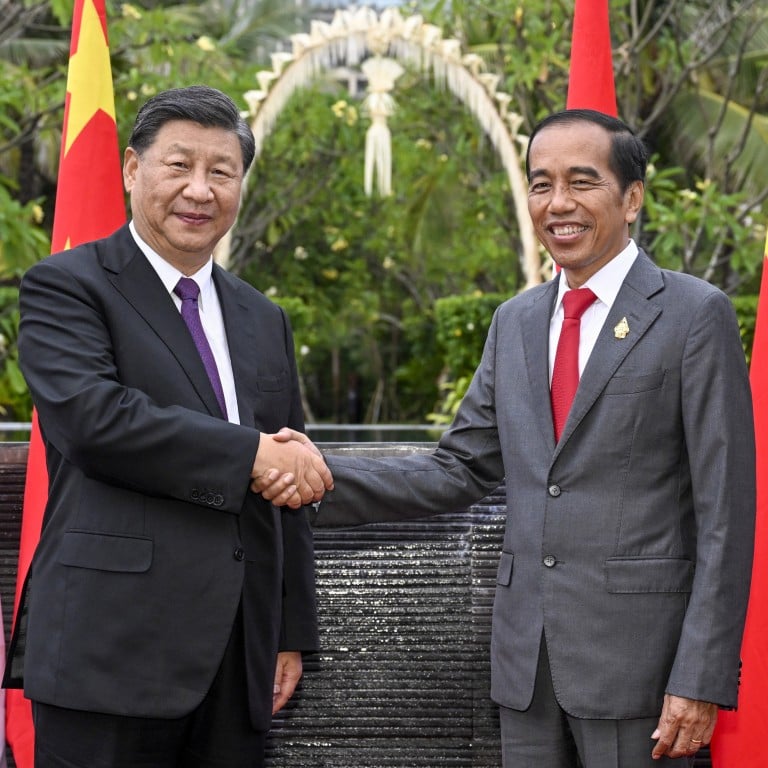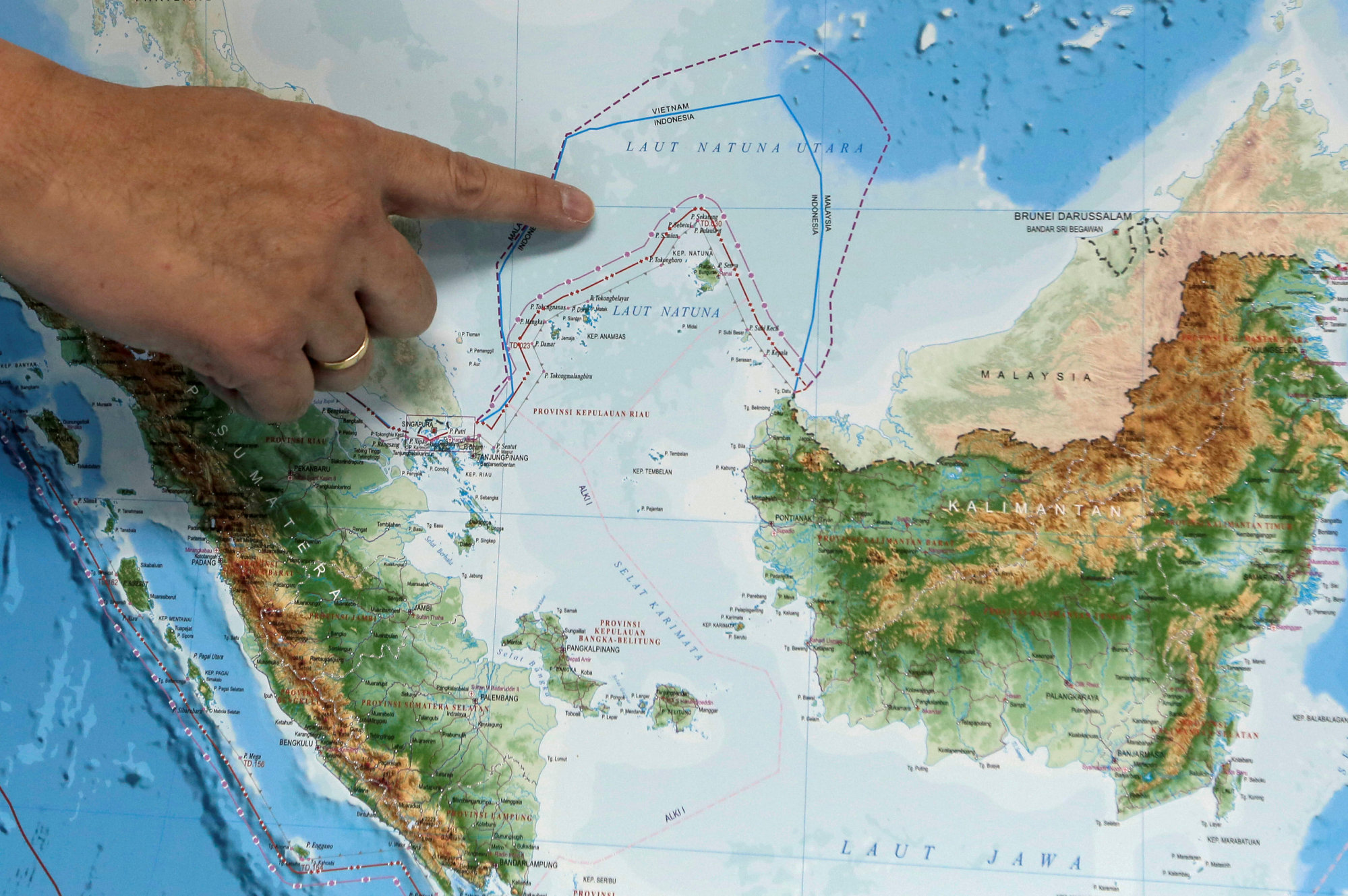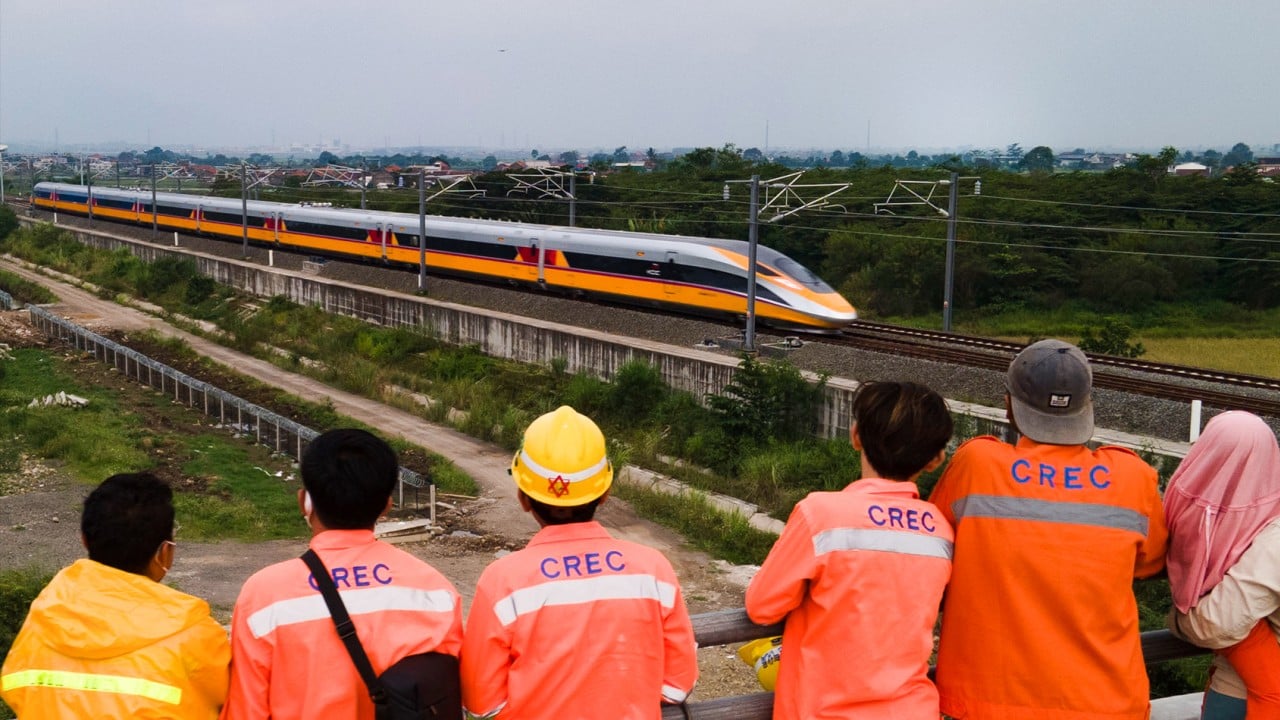
Why Indonesia is wary of China’s new development, security initiatives
- In theory, China’s Global Development Initiative and Global Security Initiative both have a lot to offer Southeast Asia’s largest economy
- But Beijing needs to do more to allay Jakarta’s concerns about debt, sustainability, environmental impacts – and peace in the South China Sea
On paper, Beijing’s Global Development Initiative (GDI) and Global Security Initiative (GSI) both have a lot to offer Southeast Asia’s largest economy. Chinese officials know this, and have been actively promoting the strategies to their Indonesian counterparts any time they get a chance.

Unlike belt and road infrastructure projects, which mostly aim to grow global trade, the GDI is focused on knowledge transfer and capacity building through the provision of grants and development assistance. It also has a broader scope, going beyond bilateral agreements to include potential partnerships with NGOs and the private sector.
Defender of orangutans who fought Indonesian dam paid with his life
But the Indonesian government remains wary of dealing with China on security issues, as noted by international relations expert Teuku Rezasyah from Padjadjaran University.
Despite being touted as an “Asia for Asia” approach that is free of interference from outside actors, there are fears that the GSI will be skewed towards China’s interests. This is especially true in its supposed rejection of unilateral action, which stands in direct contrast to recent Chinese actions in the South China Sea.
Beijing’s critics, particularly those in the West, have repeatedly suggested that it does not respect international laws or norms when it comes to the disputed waterway.
A recent survey by the Centre for Indonesian Domestic and Foreign Policy Studies found that many in Southeast Asia are leery of Beijing’s ambitions in the South China Sea, especially those living in countries with clashing territorial claims.
Allaying concerns
So what can China do to put these fears to rest and ensure that both its new initiatives are warmly received by the people and parliament of Indonesia?
Second, China must demonstrate that the societal and environmental issues associated with its belt and road projects will not occur again under the GDI. It can achieve this by adopting more sustainable development strategies and approaches.
The narrative of China’s ‘debt-trap diplomacy’ is no more than a myth
Third, Beijing must be more transparent regarding investments and debt. Many in Indonesia are fearful of the country falling into a Chinese “debt trap” – even if academics such as Lee Jones, a reader of international politics at Queen Mary University of London, and Shahar Hameiri, an international-politics professor at The University of Queensland, contend that this is more media-spun narrative than reality.



